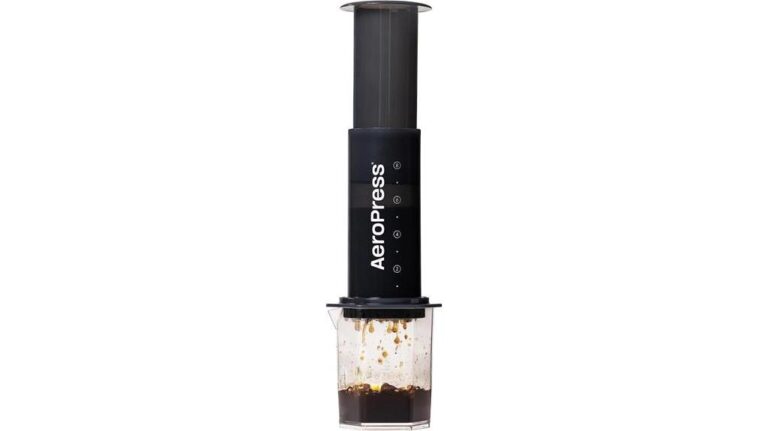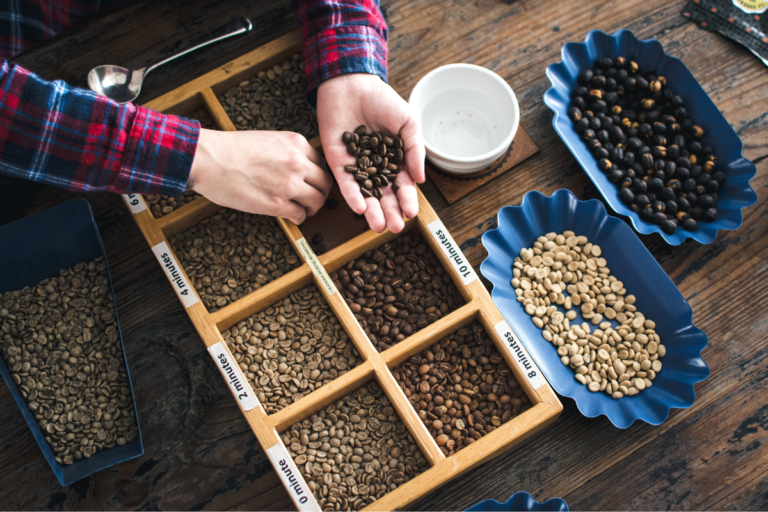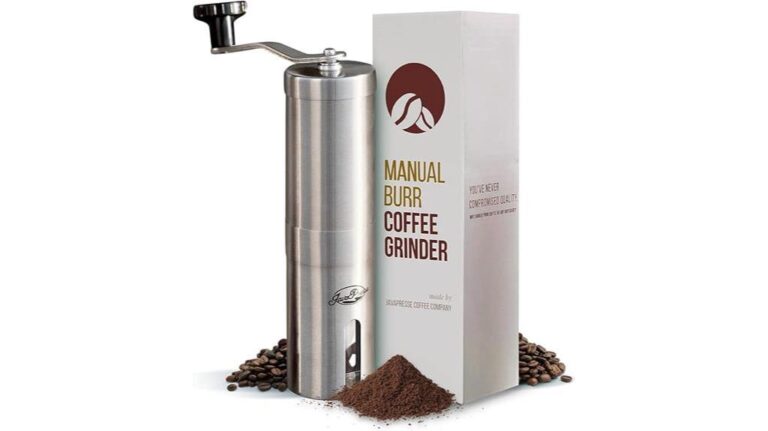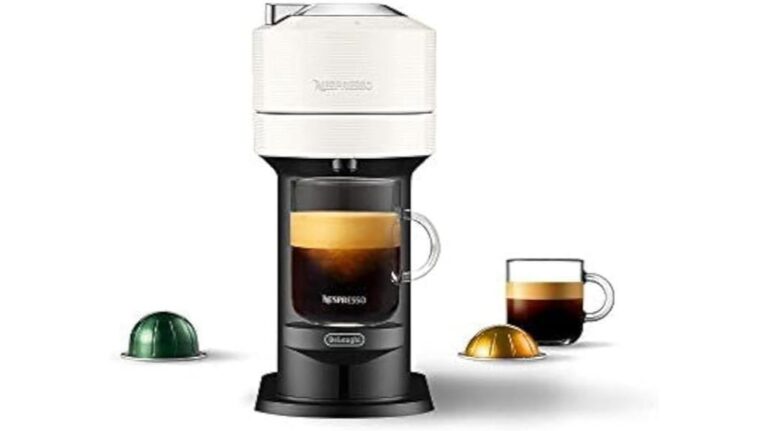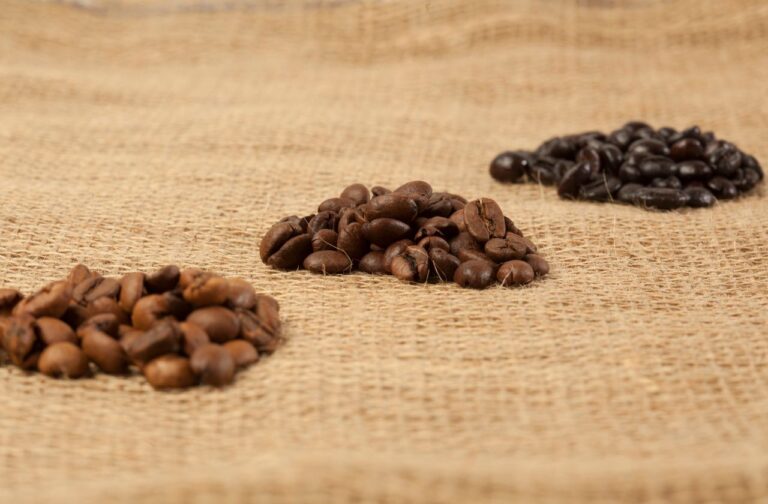How Long Do Coffee Beans Last?
Coffee is the most popular and well-known beverage around the world. From its unique aroma to its energizing effect, coffee has become an essential part of daily life for many people. However, freshness is a crucial factor that can affect the taste and quality of coffee, and it’s essential to understand how long coffee beans last to ensure a delightful coffee experience. We will answer the question, “How Long Do Coffee Beans Last?” to help you keep your beans fresher for that perfect cup of coffee.
Roasted coffee beans can last for up to 9 months if stored correctly. Green coffee beans can last up to a year if properly stored, but then you must roast your beans before brewing your coffee. Store coffee beans in an airtight container away from heat, moisture, and light for best storage results.
We will discuss the shelf life of coffee beans, how to know when they have gone bad, and why it matters. We will also provide some top tips on how to keep your coffee beans fresh for as long as possible. Understanding these factors will not only improve your coffee experience but also save you money in the long run by avoiding wasted beans.
What Is The Shelf Life Of Coffee Beans

The shelf life of roasted coffee beans depends on several variable factors, including the type of coffee bean, how it was roasted, and how it is stored.
Coffee beans stored correctly can last up to 9 months if the packaging and the storage location meet the ideal storage conditions for the beans.
Always check the best-by date of any coffee you purchase to ensure you are getting the freshest possible beans to extend their shelf life.
To find out the expected longevity of your coffee beans, you need some background knowledge regarding key factors affecting the shelf life of coffee beans.
Weird Coffee Tip: Choosing specialty coffee is one aspect of brewing the best possible cup of coffee. Coffee enthusiasts are turning more frequently to the higher quality of specialty coffees to enhance their favorite coffee style. Find out all about specialty coffees in our series of articles on this coffee choice.
Specialty Coffee
Factors Determining How Long Coffee Beans Last
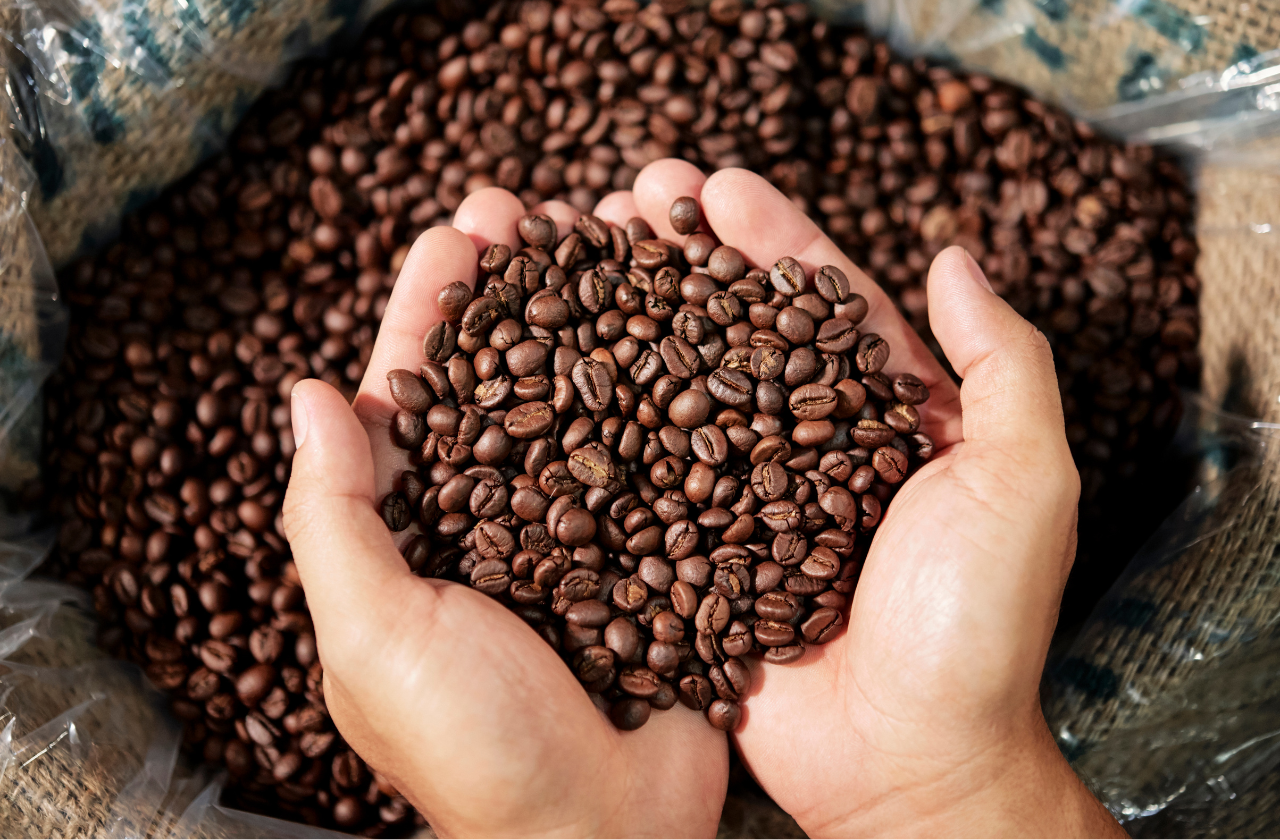
Three main factors affect the overall shelf life of coffee beans. Taking note of these when you purchase your coffee beans will help you to keep your beans for longer without losing flavor.
- Type of coffee bean. Robusta and Arabica coffee beans are two of the most commonly used and popular beans. Arabica beans tend to have a longer shelf life than Robusta beans due to their lower oil content.
- Roasting level. Lightly roasted beans have a shorter shelf life than darker roasted beans because they contain more moisture and are more susceptible to oxidation.
- Packaging. Airtight packaging is essential for preserving the freshness of coffee beans. Oxygen, light, and moisture can all cause coffee to deteriorate quickly.
The Type Of Bean Affects Gow Long Coffee Beans Last
Green coffee beans last the longest and can be stored for a year if stored using the correct methods. However, not many people have the ability of the means to roast their own coffee beans, so which coffee beans will last the longest?
Roasting coffee beans release oils held within the beans, which is what produces the flavor in coffee. These oils can go rancid over time, causing the coffee to spoil.
Coffee beans with a lower oil content, such as Robusta beans, will have a longer shelf life than beans such as Arabica, which have a high oil content. The only problem with lower oil content in the beans is the coffee’s less robust flavor profile.
The Role Of Roasting In Coffee Bean Shelf Life
Roasting is a crucial step in the coffee bean’s journey from farm to cup. During the roasting process, coffee beans undergo chemical changes that affect their flavor and aroma.
Roasting also reduces the bean’s moisture content, making it less prone to spoilage. However, once roasted, coffee beans begin to release carbon dioxide and lose flavor over time.
How Best by Date Affects Coffee Shelf Life
Most coffee bags come with a “best by” date, indicating when the coffee is at its peak freshness. However, this date is not a guarantee of freshness, and coffee can still go stale before or after the best-by date.
How Packaging Affects How Long Coffee Beans Last
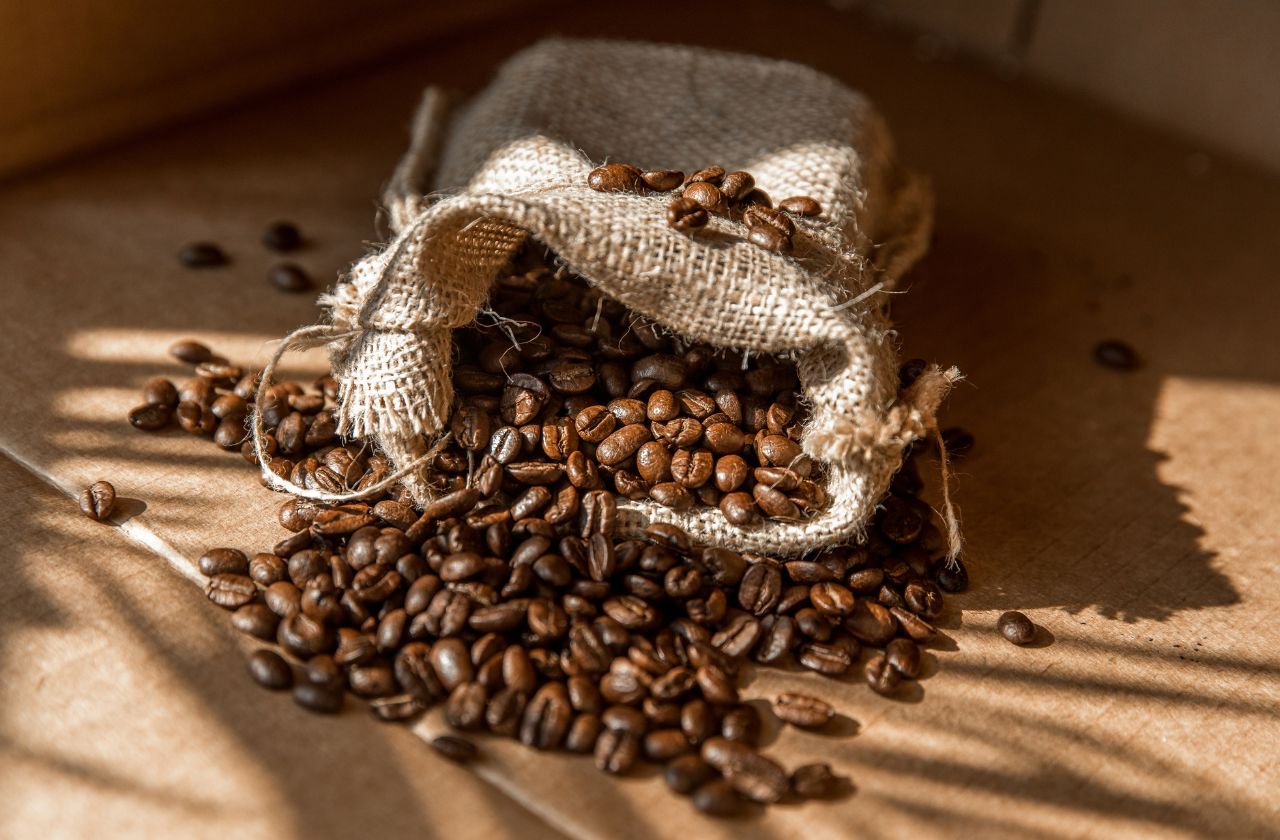
Proper storage can significantly extend the shelf life of coffee beans. Conversely, improperly stored coffee will spoil and go stale quite quickly, making it crucial to store the beans correctly.
Here are some of my top tips for storing coffee beans.
- Store in an airtight container to prevent exposure to oxygen.
- Keep the container in a cool, dry place away from light and heat sources.
- Avoid storing coffee beans in the fridge or freezer unless they are in an airtight container, as the beans can absorb moisture and odors from other foods.
If you are interested in storage methods that increase the length of time your coffee beans can be safely stored, we have an article on “Best Ways To Store Coffee Beans,” which you may find to be of interest.
By understanding these factors, you can ensure that your coffee beans stay fresh for as long as possible, resulting in a better-tasting cup of coffee.
How To Know When Coffee Beans Have Gone Bad
No one wants to take a gulp of stale or rancid coffee. Fortunately, there are a few ways to tell when your coffee beans have gone bad. The following are some signs to look out for to tell if your beans are no longer good to use.
- Use your senses. Your senses are the best tool for determining whether your coffee beans have gone bad. Coffee that has gone stale or rancid will look, smell, and taste different from fresh coffee.
- Changes in the coffee taste. Stale coffee beans will produce a cup of coffee that tastes flat, bitter, or sour. Rancid coffee beans will produce a cup of coffee that tastes rancid or metallic.
- Changes in the coffee aroma. Stale coffee beans will have a less pronounced aroma, and their smell may be musty or grassy. Rancid coffee beans will have a strong, unpleasant odor.
- Changes in appearance. Coffee beans that have gone bad may look dull, dry, or discolored. The beans may also have a sticky or oily texture.
Paying attention to these signs is essential, as drinking stale or rancid coffee can result in an unpleasant taste and potential health risks.
Using your senses to determine whether your coffee beans have gone bad is the best way to ensure a delightful coffee experience. If you find any of these signs and symptoms, it’s time to replace your beans and start fresh.
Why Your Coffee Bean Storage Matters
The freshness of coffee beans can impact more than just the taste of your morning brew. There are several other reasons why paying attention to how long coffee beans last is important.
- Health risks. Stale or rancid coffee can pose health risks. Coffee beans that have gone bad can contain harmful microorganisms that can cause foodborne illness. Drinking coffee made from spoiled beans can lead to nasty symptoms such as nausea, vomiting, and diarrhea.
- Quality of taste. The flavor and aroma of coffee are crucial parts of the coffee experience. Coffee beans that have gone stale or rancid can result in a cup of coffee that is less flavorful, less aromatic, and less enjoyable.
- Economic impact. Throwing away coffee beans that have gone bad is not only a waste of hard-earned money but also a waste of resources. By paying attention to the shelf life of your coffee beans and storing them properly, you can reduce waste and save money in the long run.
Understanding the importance of the shelf life of coffee beans can not only improve the taste of your coffee but also prevent potential health risks and save money. By following proper storage techniques and being aware of the signs of stale or rancid beans, you can ensure a fresh and delicious cup of coffee every time.
Conclusion
The shelf life of coffee beans depends on several factors, such as the roasting level, type of coffee bean, packaging, and storage. Proper storage in an airtight container, away from light and heat sources, is crucial for preserving the freshness of coffee beans.
Pay attention to the signs of stale or rancid coffee beans, such as changes in taste, smell, and appearance, to ensure a delightful coffee experience and prevent potential health risks. So, next time you brew up a cup of coffee, remember to check the freshness of your coffee beans to savor the full flavor and aroma of your favorite beverage.
-
Espresso Express eBook
R180,00 -
From Bean To Brew eBook
R450,00 -
Great Coffee, Made Simple
R0,00





